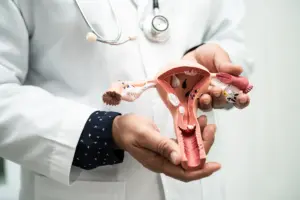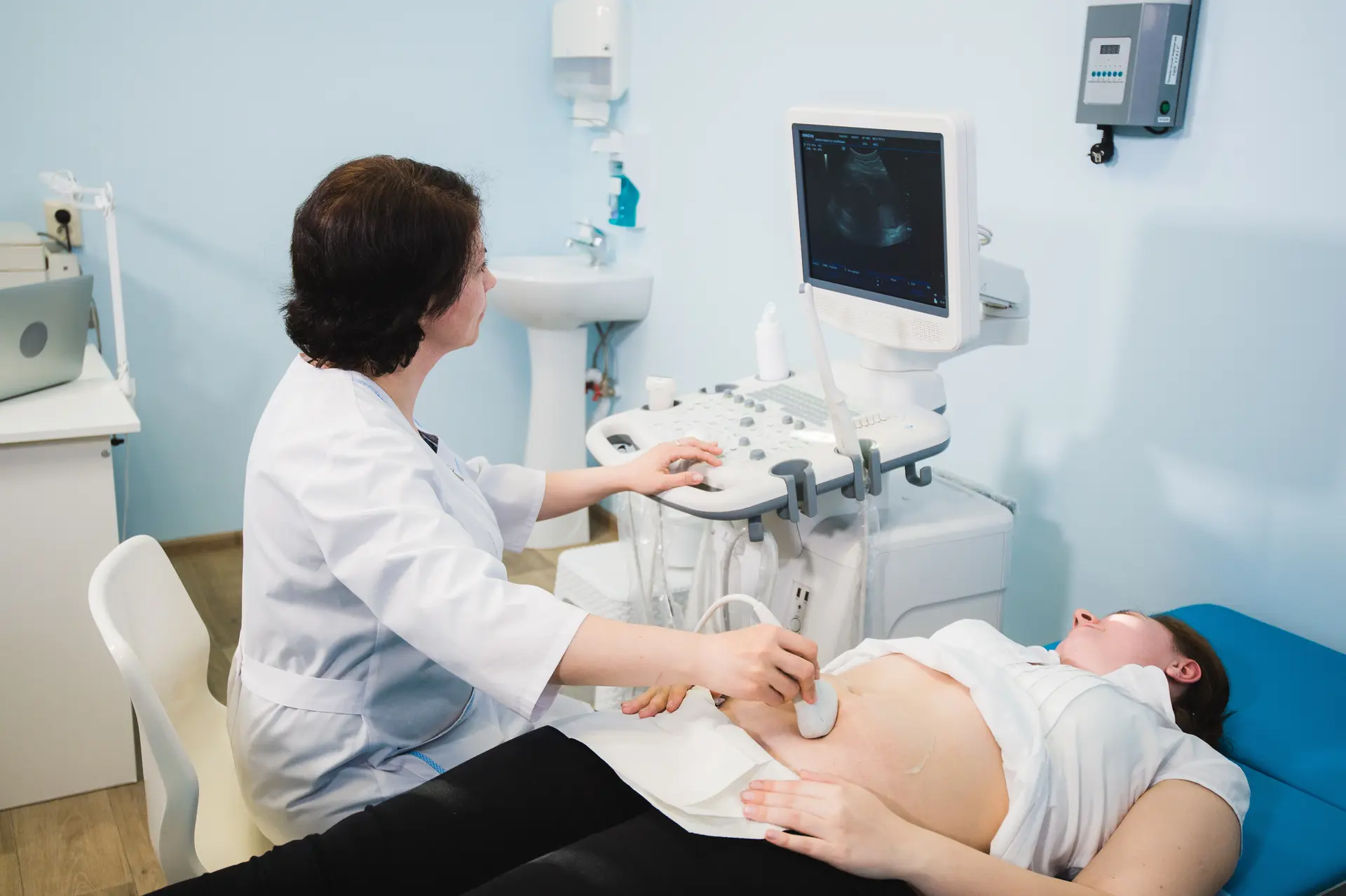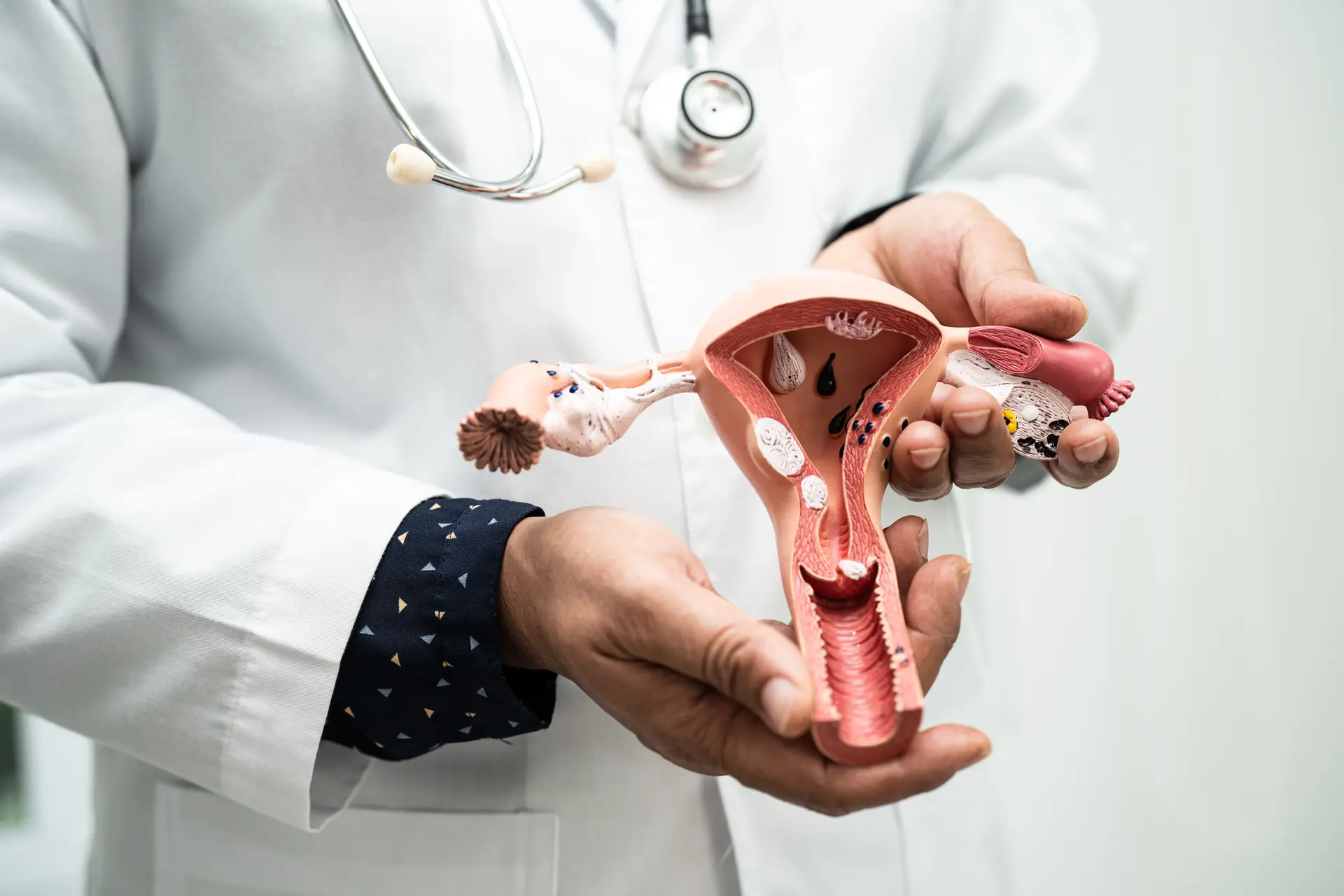Causes of Hyperlipidaemia and How to Control It
The Hidden Danger of Fat in Your Arteries
Never mind fat on your hips – what about fat in your arteries?
When your doctor says that you suffer from hyperlipidaemia or high cholesterol as most of us know it, it means that you have too many lipids (fats) in your blood. Hyperlipidaemia is one of the main contributing factors of heart disease, therefore it is essential that you understand what causes it and know how to control your cholesterol levels.
What is cholesterol?
Cholesterol is a waxy, lipid molecule that plays an important role in our body functioning. Your liver produces it to make hormones, build healthy cells and digest food. Cholesterol is carried through your blood and attaches to protein molecules to form a lipoprotein. Depending on what the lipoprotein carries, cholesterol can either be ‘bad’ or ‘good’ for you:
- Low-density lipoprotein (LDL) sometimes referred to as ‘bad cholesterol’ makes up most of your body’s cholesterol. It transports cholesterol particles throughout your body and builds up in your artery walls, causing them to become hard and narrow. This plaque build-up makes it difficult for blood to flow through your arteries and increases your risk of having a heart attack or stroke or suffering from heart disease.
- High-density lipoprotein (HDL) is known as the ‘good cholesterol’, because it picks up excess ‘bad’ cholesterol in your blood and takes it back to the liver where it gets flushed from your body.
What causes hyperlipidaemia?
Hyperlipidaemia is caused by having too much LDL cholesterol or ‘bad’ cholesterol in your blood. Certain health conditions such as chronic kidney disease, diabetes, HIV/AIDS, hypothyroidism, and lupus can increase your cholesterol levels and cause hyperlipidaemia. The same applies if you are taking certain types of medication for health problems like acne, cancer, high blood pressure, HIV/AIDS, irregular heart rhythms, or an organ transplant. If your family has a history of hyperlipidaemia, you may have a genetic predisposition to it.
Living an unhealthy lifestyle can also cause hyperlipidaemia. Factors include:
- Eating too much saturated fat or foods containing trans fats. Saturated fats are found in fatty and processed meats, butter, and full-fat dairy products, whereas trans fats can be found in packaged snacks and desserts.
- Obesity and being overweight
- Not exercising enough
- Excessive smoking and drinking
- Being over the age of 40
What are the dangers of hyperlipidaemia?
Due to the narrowing of blood vessels, hyperlipidaemia increases the risk of other conditions such as:
- Coronary heart disease, which could result in angina (chest pain), a heart attack or stroke
- Peripheral arterial disease
- Type 2 diabetes
- High blood pressure
Tips to control hyperlipidaemia
Doctors will often first recommend that you make the necessary lifestyle changes to control high cholesterol levels. This can be done by doing the following:
- Reduce your intake of saturated and trans fats.
- Eat a Mediterranean-style diet consisting of vegetables, fruit, whole grains, lean animal protein and fish.
- Exercise regularly and aim for at least 150 minutes of physical activity per week.
- Maintain a healthy weight and lose excess body fat.
- Stop smoking.
- Limit your alcohol intake and drink in moderation.
- Control your stress levels.
- Sleep for at least 7 hours at night.
If you have made the following lifestyle changes and your cholesterol levels remain high, the doctor will likely recommend that you take medication. Common medical treatments for hyperlipidaemia include:
- Statins
- Cholesterol absorption inhibitors
- Bempedoic acid
- Bile-acid-binding resins
- PCSK9 inhibitors
When to see your doctor
The only way to detect hyperlipidaemia is through a blood test. Considering that there are no symptoms it is crucial that you go for regular medical check-ups. Men between the ages of 45 to 65 and women aged 55 to 65 must go for cholesterol screenings every one to two years.
The lenmed Group is a world-class chain of Private Hospitals that brings quality healthcare to communities across Southern Africa.
For more information please contact:
Dr Dominic Kakooza, Cardiologist
MBChB WSU FCP (SA) MMed (Int) Wits Cert Cardiology (SA)
Lenmed Royal Hospital and Heart Centre
Tel: +27 (0) 53 045 0560
Email: [email protected] or [email protected]
Disclaimer: Any information contained here is merely a guideline. Always visit your healthcare practitioner for any health-related advice or diagnosis.















